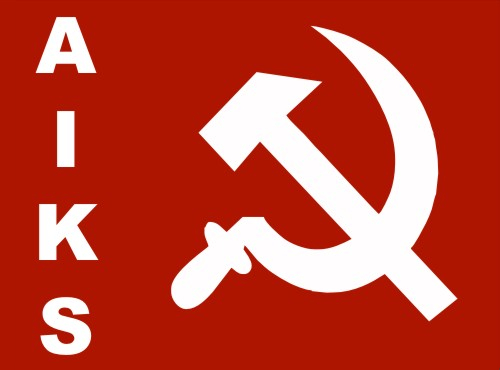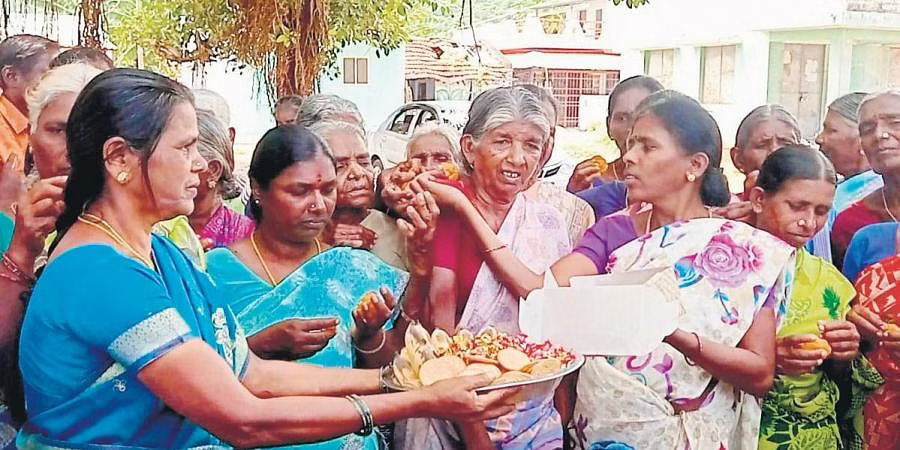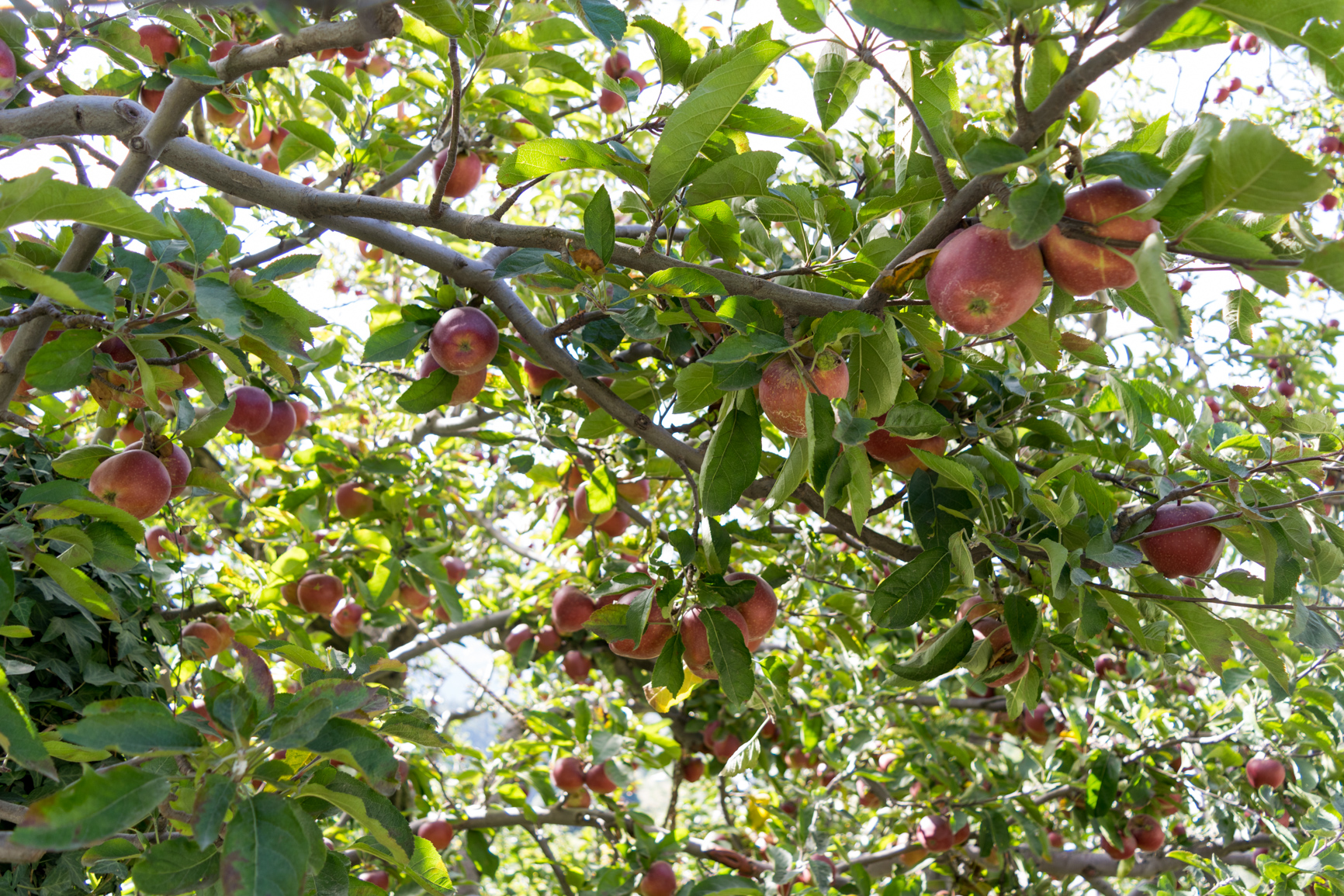BJP Government Doubling Farmers’ Woes Instead of Incomes
Farmers Cheated by NarendraModi led BJP Government MSP of Rabi Crops Far Below C2+50%
The NarendraModi led BJP Government has yet again betrayed its promises of providing remunerative Minimum Support Prices (MSP) to farmers by announcing MSP of Rabi crops for marketing season 2019-20 far below the promisedC2+50% . It is notable that this comes just after the much-hyped claims after farmers’ protests yesterday that the BJP Government will address all concerns of the farmers including their demand for MSP according to Swaminathan Commission recommendations. It has also not taken into account the huge increase in input costs. Fertiliser prices have risen drastically by about 25 per cent over the year. DAP prices are hovering at about Rs.27,500/tonne when compared to about Rs.22,454/tonne last Rabi season. Diesel prices have risen by over 27 per cent over the year resulting in huge increase in irrigation costs. The weightage given to irrigation costs is only 0.13 which is also way below when compared to the ground reality.
The Prime Minister is now making a desperate effort to cover his failure by claiming that the BJP Government is already giving MSP over and above cost of production by shifting goalposts from C2+50% to A2+FL+50%. The bluff will be exposed when we note that even if we take even the conservative estimates of the Commission on Agricultural Costs and Prices (CACP) and compare the projected costs for the marketing year 2018-19 the C2 costs are higher than A2+FL costs ranging from 22 per cent to 37 per cent. The A2+FL and C2 costs used by the CACP are also far below the State Government projections. For instance, the Punjab C2 costs for Wheat is Rs.1,597/Qtl while CACP projection is only Rs.1,128/Qtl. In this manner by depressing A2+FL and C2 costs for every crop the CACP arrives at a weighted average for calculation of MSP. Notably, a year ago the Punjab Government had proposed Rs.2180/Qtl for wheat, Telangana Government had proposed Rs.6,974/Qtl for Gram and Rs.5398/Qtl for Safflower, Andhra Pradesh Government had proposed Rs.5,583/Qtl for Rapeseed and Mustard for crops to be marketed in 2018-19. The C2 cost projections of CACP for crop season 2018-19 have not been made public while the Agriculture Minister has given out the A2+FL figures. This is objectionable and is clearly with an intention to change goalposts from the promised C2+50% to a far lower figure. Even if a conservative 10 per cent hike in costs over the last one year is considered, the difference between C2+50% and MSP announced way higher (See Table). The BJP Government has also not put in place any mechanism to ensure assured procurement at MSP even at these prices.
| Rabi Crop |
Projected A2+FL Cost for Crop Season 2018-19 (Rs/Qtl) |
Projected C2 Cost for Crop Season 2018-19 (10% over last Rabi C2 Costs) (Rs/Qtl) |
C2+50%(Rs/Qtl)Marketing Season 2019-20 |
MSP for 2019-20 Marketing Season (Rs/Qtl) |
Difference between C2+50 and MSP (Rs/Qtl) |
| Wheat | 866 | 1381.6 | 2072.4 | 1840 | 232.4 |
| Barley | 845 | 1309 | 1963.5 | 1440 | 523.5 |
| Gram | 2461 | 3878.6 | 5817.9 | 4620 | 1197.9 |
| Lentil (Masur) | 2366 | 4099.7 | 6149.55 | 4475 | 1674.55 |
| Rapeseed & Mustard |
2123 | 3394.6 | 5091.9 | 4022 | 1069.9 |
| Safflower | 3125 | 4376.9 | 6565.35 | 4945 | 1620.35 |
The Table above shows how farmers are sought to be hoodwinked by the NarendraModi led BJP Government and the huge losses they will incur due to their refusal to adhere to the election promises in 2014. AIKS demands that the MSP of Rabi crops be revised in accordance with the C2+50% formula and provision for assured procurement be made. Refusal to meet this demand will be met with protests across the country. AIKS along with more than 200 organisations of farmers under the banner of All India KisanSangharsh Coordination Committee will hold a KisanMukti March from 3 corners of Delhi to the Parliament from 28th November to 30th November demanding a special session of Parliament to discuss the agrarian crisis and passing of two Bills for ensuring assured remunerative prices as well as liberation from debt.
Sd/-
Ashok Dhawale, President
Hannan Mollah, General Secretary



